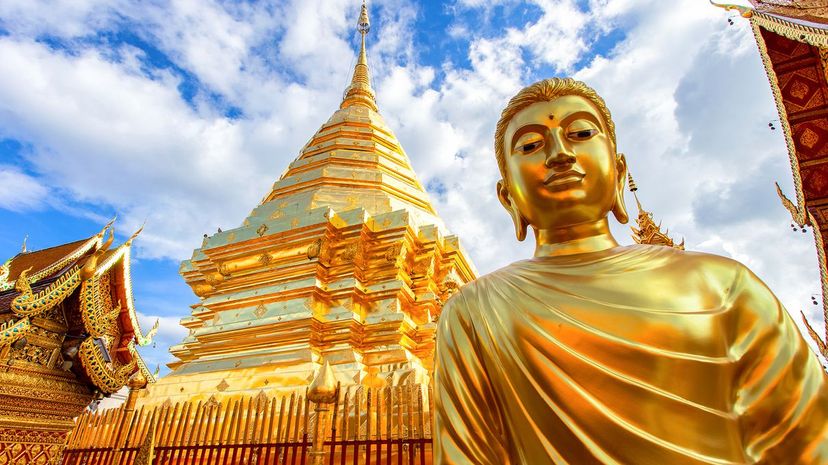
About This Quiz
For most people, if they were to be asked how many religions there are in the world, they'd probably come up with a list of maybe 10 or so. If you really know your stuff, you might even get up to 20 or 30.
Did you know there are well over 4,000 different religions in practice around the world? Sure, many of them are offshoots of others and likely have very similar base beliefs, but they all qualify as separate systems of faith, and that is one incredible range of diversity. Now obviously when you get down to it, there are only a few "major" religions. Some of those 4,000 are likely only practiced by the smallest handful of people, while billions of people practice others.
Where you come from definitely plays a significant role in how your faith develops though, that's for sure. If your whole culture ascribes to a set of beliefs, then you are much more likely to learn it and come to accept it yourself. If your country has a range of ideas, then you may follow a different path. But which culture believes what? If you think you know your religious stuff, take our quiz of religions around the world and see!
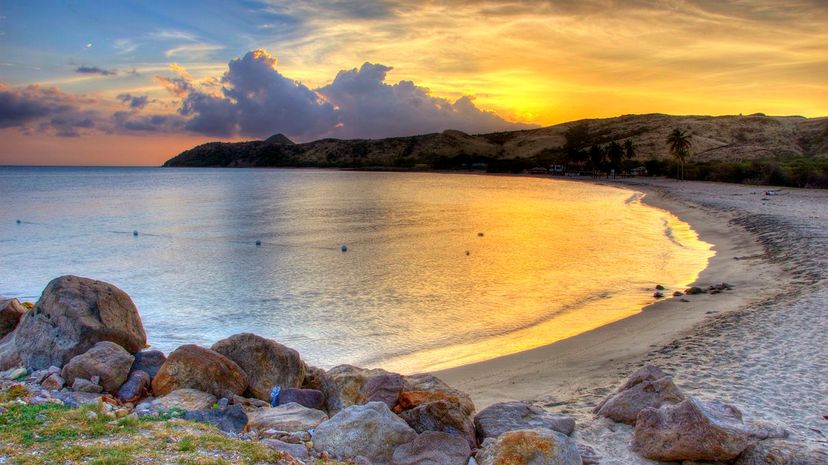
The chief religion in St Kitts and Nevis is Anglican, making up around 20% of the population, which Methodist follows close behind with 19%. The whole country only has a population of just over 50,000 though, so we're talking about 10,000 people making up the majority there.
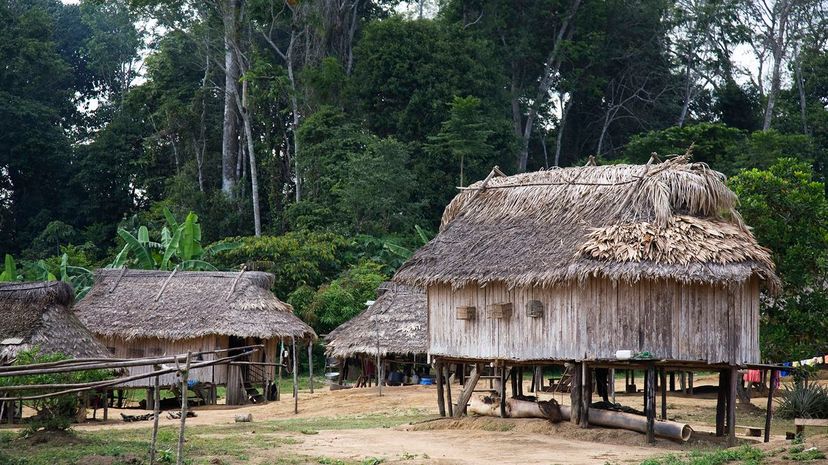
The most popular religion in Suriname is Christianity. Most Christians there are Protestant, but 22% of the population is Hindu, 13% is Muslim, and just under 2% follow the very rare Winti religion.

Sometimes called Esoteric or Tantric Buddhism, Vajrayana Buddhism is the state religion of Bhutan. Nearly 75% of the population follows this religion, while the next most popular is Hinduism. Christians only make up 0.5% of the population.
Advertisement
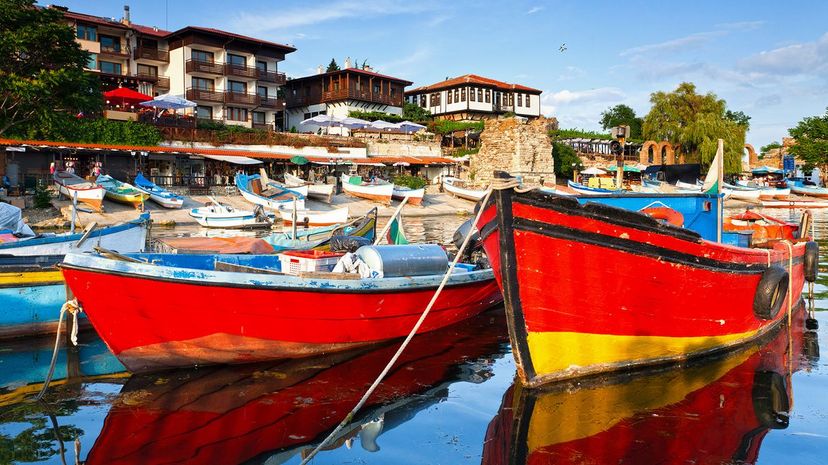
The chief religion in Bulgaria is Bulgarian Orthodoxy. The Orthodox Church has between 8 and 11 million members worldwide with most of them, of course, being in Bulgaria. It also became a recognized, independent church way back in the year 870.
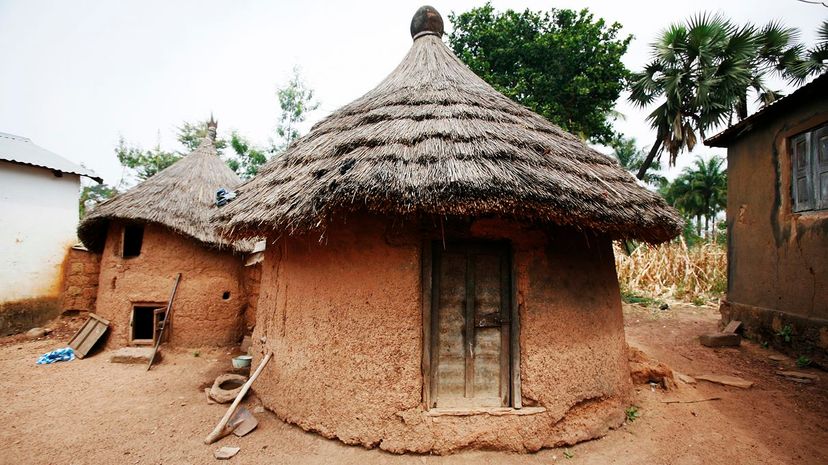
Taken as a whole, meaning if you include Roman Catholic and various Protestant denominations, then Christianity is the chief religion in Togo. That said, if you subdivide and count them separately, animism would be the main belief in the country.
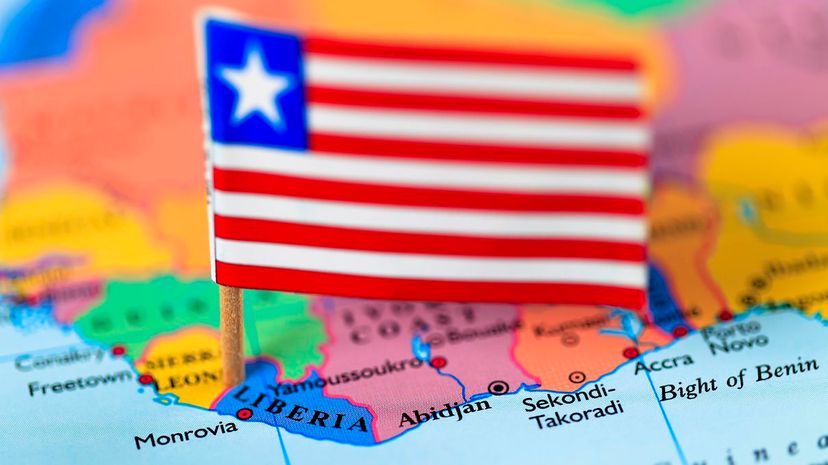
The various Protestant faiths make up the bulk of the religious adherents in the West African nation of Liberia. In fact, more than 75% of the religious population there are Protestant. The next most popular religion is Islam, but they only make up 12% of the population.
Advertisement
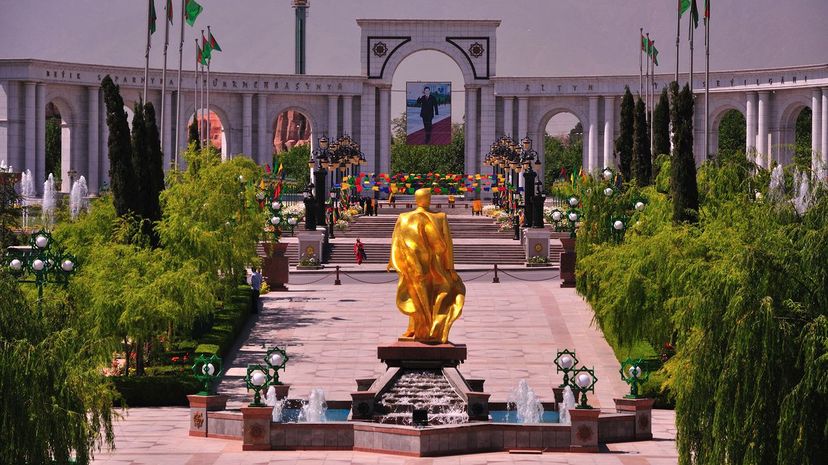
Islam is by far the main religion in Turkmenistan with nearly 9 out of 10 people practicing the faith there. The remaining 10% or so do represent a diverse range which includes Jewish, Jehovah's Witnesses, Baha'i, Baptists and more.
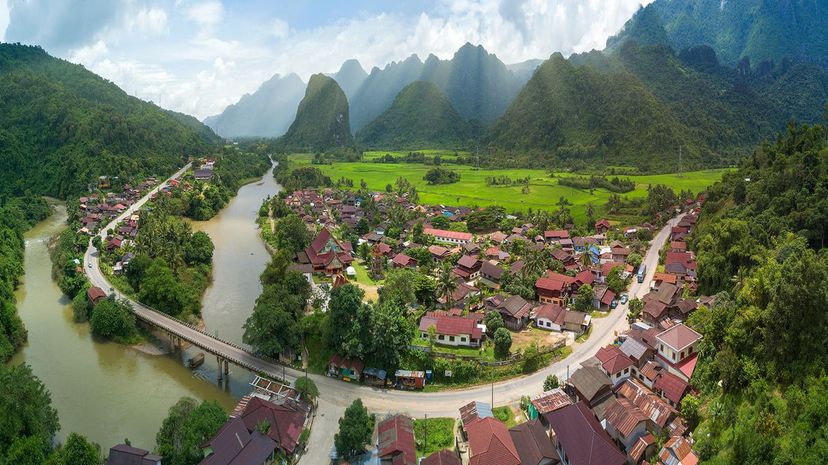
Buddhism is practiced by about 60% of the population in Laos while Laotian folk religions, called Satsana Phi, make up about 30% of the population. Theravada Buddhism is the oldest school of Buddhism and there are about 150 million followers in the world.
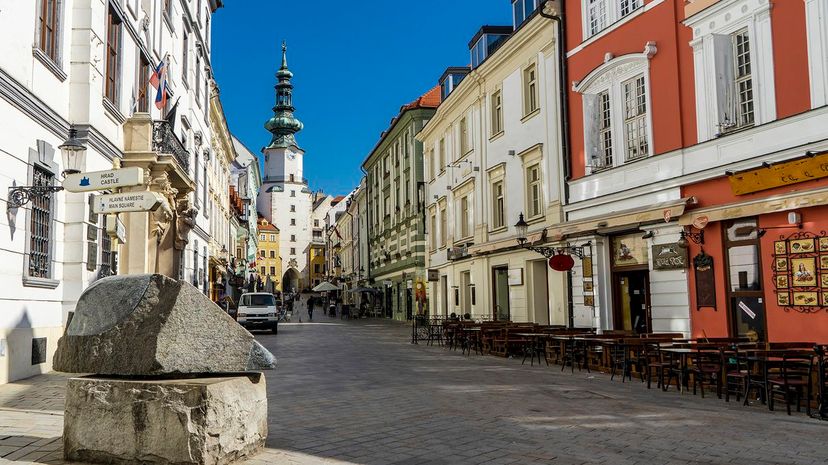
Catholicism is the prominent religion in Slovakia with over 62% of the country adhering to the faith. There's also a small percentage of citizens who are members of the Slovak Greek Catholic Church, which is still Catholic and in full union with the Catholic Church.
Advertisement

As far as the government of Mauritania is concerned, 100% of their population is Muslim. It is hands down the chief religion of the country, but there are a tiny number of Christians and Jews in the country. How small? About 4,500 of them, most of whom are from other countries originally.

Orthodox Christians make up the majority of all religious individuals in Moldova with a whopping 93% of the population. There are members of several other faiths in the country, including people who describe themselves as "Old Believers," and who follow practices from an older version of the Orthodox Church.
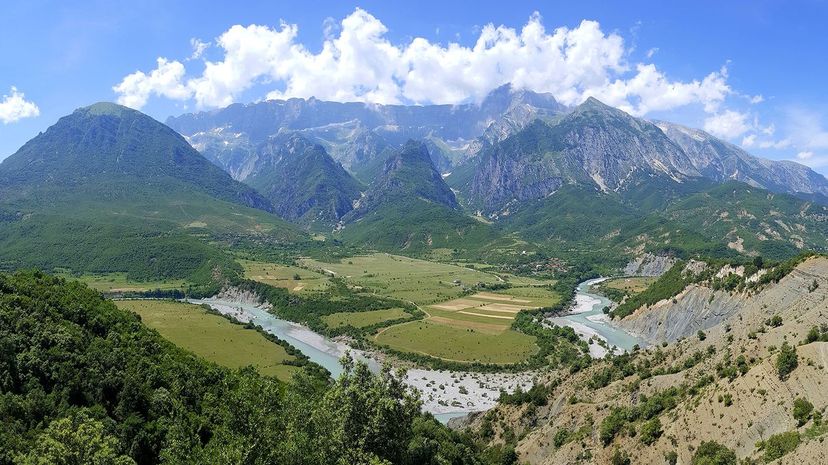
Just shy of 60% of the population of Albania identifies as Muslim. Christians in various denominations make up about 17% of the population, and a fairly significant number of citizens are either atheist or chose not to provide religious data on their last census.
Advertisement
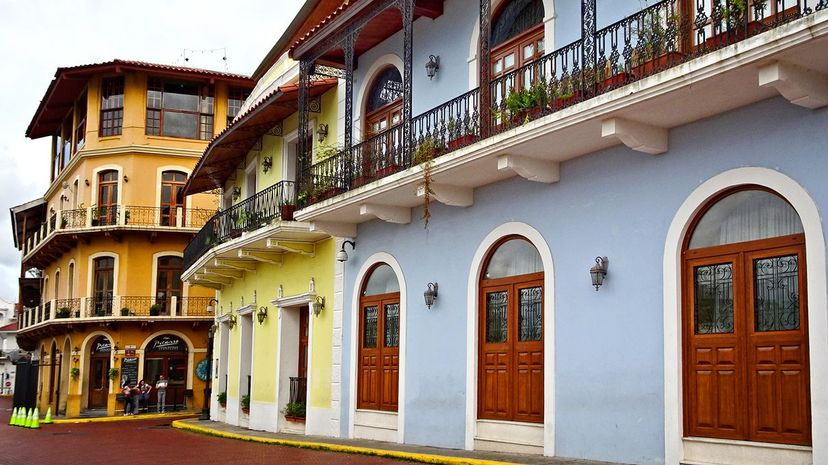
Christianity is the most well-represented religion in Panama with Roman Catholics making up over 63% of the population. There are numerous other branches of Christian represented as well including Adventists, Protestants, Jehovah's Witnesses, Mormons and more.
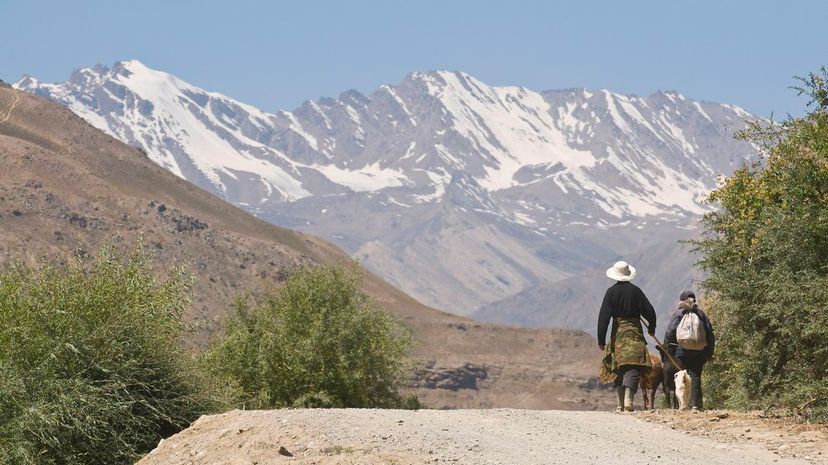
Though Tajikistan considers itself a secular nation, it has recognized Islam for years now, and there are several Muslim holidays. Over 95% of the population is Muslim with a small number of other religions making up the rest including Buddhism and Zoroastrianism.
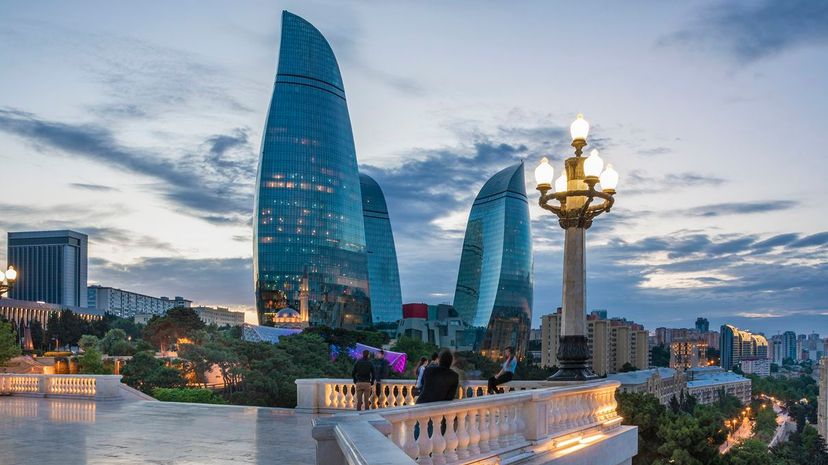
About 97% of the population is Muslim in Azerbaijan with 85% of those being Shia Muslim. Interestingly, a 2006 poll found that only 21% of the population felt religion was important in their daily lives, making Azerbaijan the least-religious Muslim country in the world.
Advertisement

According to the CIA Factbook, about 62% of the population of Burundi is Catholic making it the highest percentage in Africa overall. The next closest countries are Rwanda and the Democratic Republic of Congo.
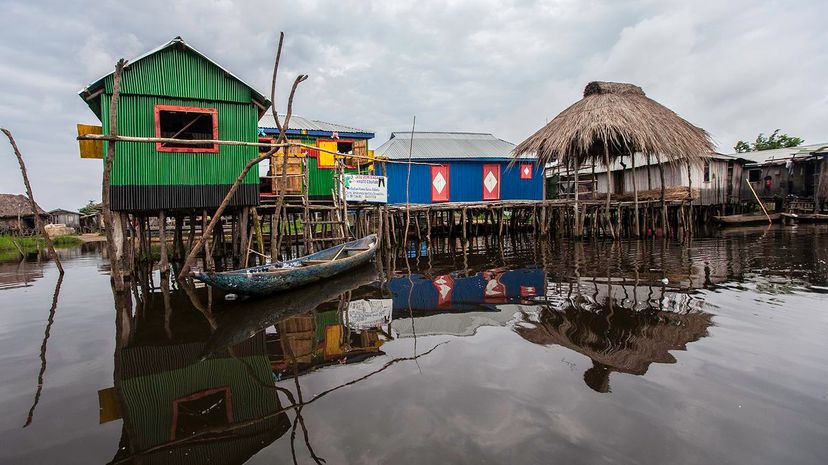
About 49% of the population of Benin is Christian with Roman Catholics making up the bulk of those. Muslims make up roughly 24% of the population and 17% practice Vodoun which, in some circles, is also known as Voodoo.
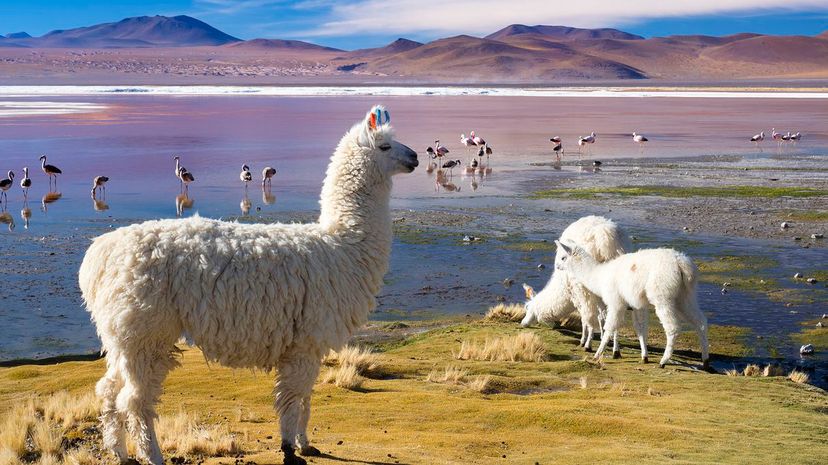
No less than 78% of the Bolivian population is Catholic, while about 19% are Protestant. In general, nearly the entire population is Christian of one denomination or another, while a handful of other faiths are also represented.
Advertisement
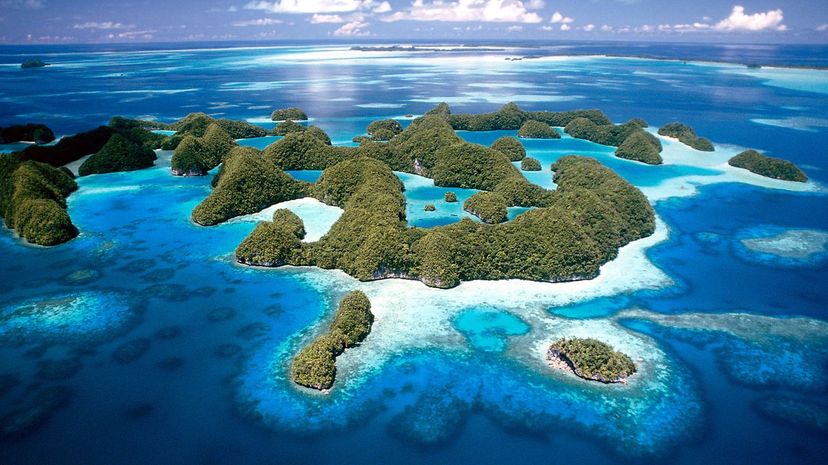
Approximately 65% of Palau's residents are Roman Catholic, while a significant percentage also identify as Modekngei, which is a religion unique to Palau and combines elements of both Catholicism and animism.
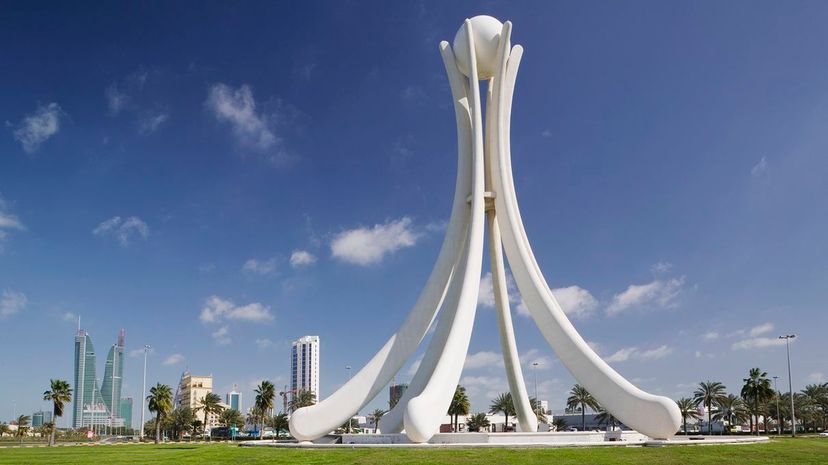
Bahrain is a chiefly Muslim country, and Islam is, in fact, the officially recognized religion by the government. That said, there are some Christians making up about 14% of the population, and around 10% are Hindu.
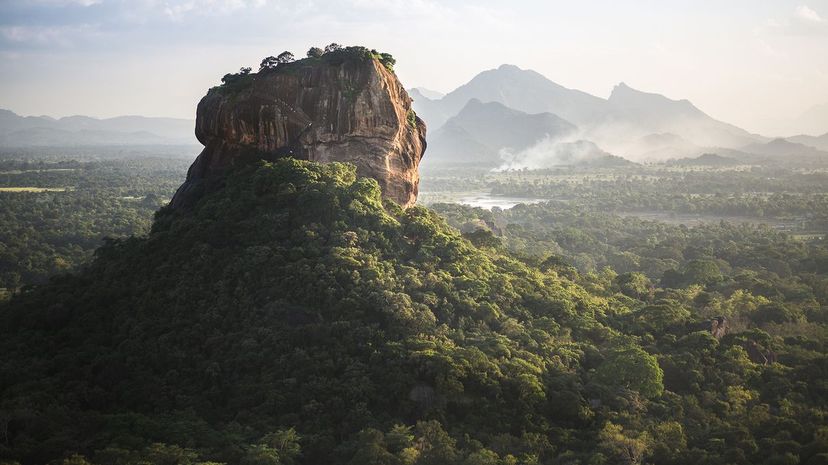
About 70% of the Sri Lankan population is Buddhist, and most of those are Theravada Buddhists. About 13% of the population is Hindu and another 10% or so are Muslim. Christians make up less than 8% of the population.
Advertisement
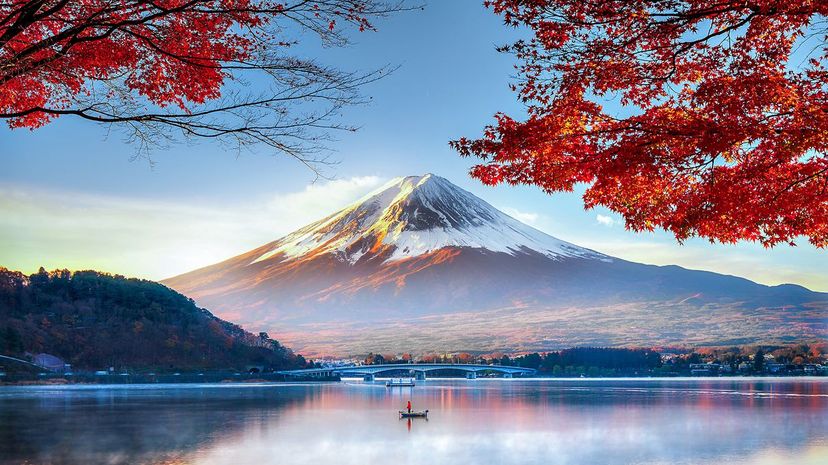
While it's believed most Japanese citizens don't follow any religion, of those that do, Shinto is by far the most popular. There are over 100,000 Shinto shrines in Japan, but the problem in determining believers is that you don't need to adhere to any formal beliefs or rituals to be considered part of Shinto since it's less a religion than a tradition in some cases.
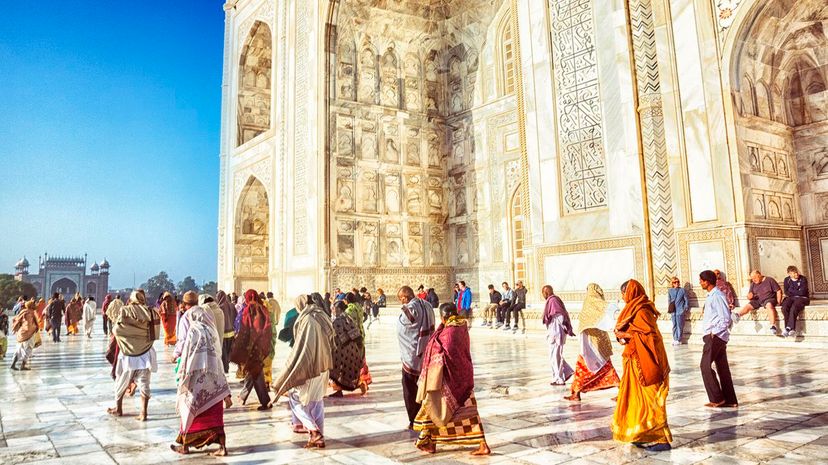
India is home to the largest population of Hindus in the world, with nearly 80% of the population being Hindu. It also has the world's largest community of Sikhs, Jains, Zoroastrians and Baha'is.

According to a 2007 survey, an incredible 81% of Vietnamese citizens did not believe in any god at all, though that number has shrunk into the 73% range or so in the time since. Buddhism is the highest-ranking formal religion at only 12% of the population.
Advertisement
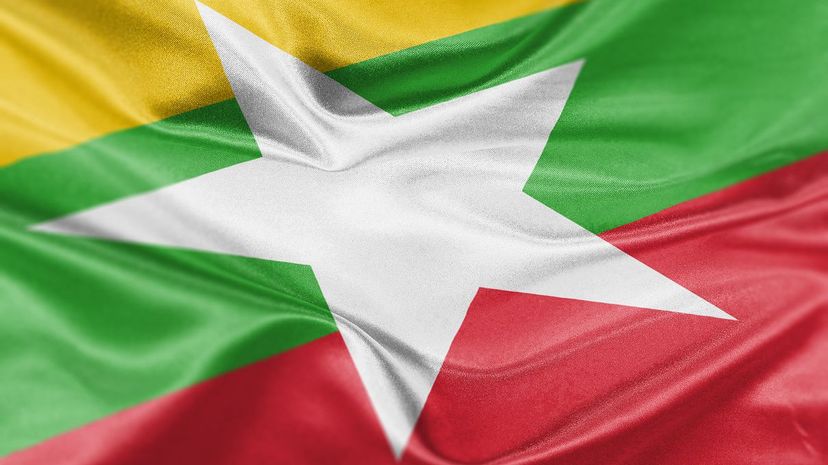
Buddhists make up nearly 90% of the population in Myanmar, and it's considered very hard to make it successfully in the country if you are not a Buddhist. Word is that joining the army or getting a government job is pretty much impossible for non-Buddhists.

Around 38% of Canada's population identifies as Roman Catholic, while 27% are Protestant of some denomination. That said, there truly is a massive range of religions present in Canada with populations of pretty much every major religion represented in the largest cities.
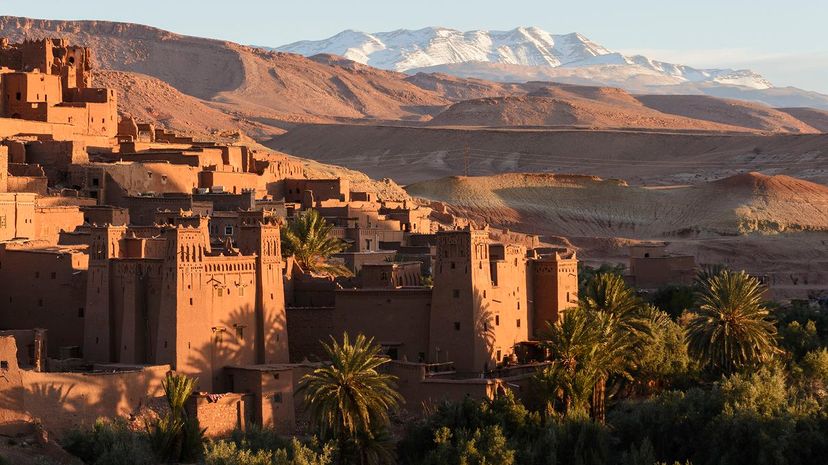
Nearly 99% of the population of Morocco ascribes to the Muslim faith with the tiny leftover percentage being mostly Christian. There are said to be about 2500 Jewish citizens in Casablanca.
Advertisement
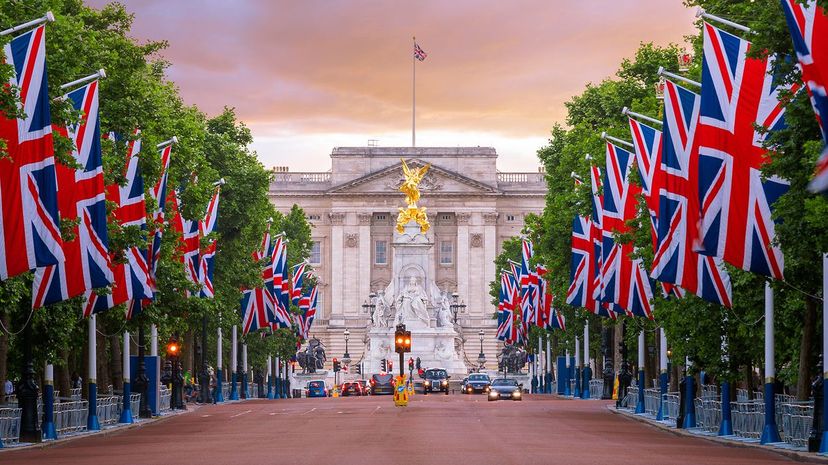
Since Anglicans come from the Church of England, it makes sense that it's the most popular religion in the country. Different surveys place the number of Anglicans at anywhere from 20% to 62% of the population. The wide range comes from the surveys not actually covering all of the UK every time.
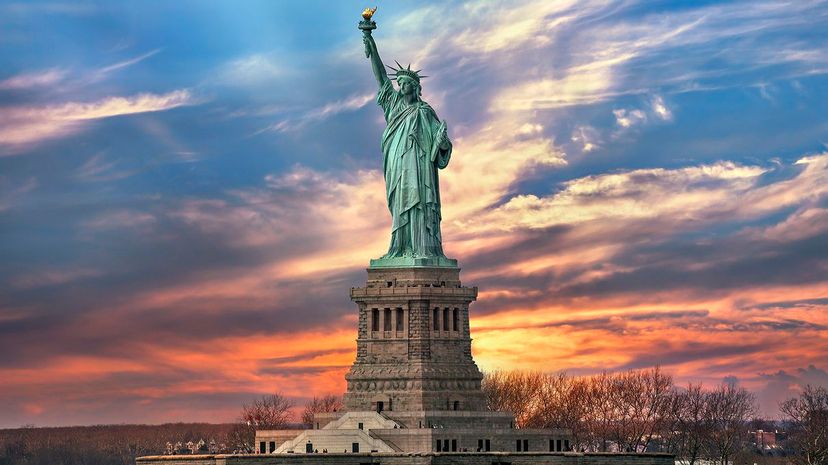
While 70% of Americans identify as Christian, almost 47% are Protestant. Of that group, the largest denomination is Baptist at 15%. Catholics make up 20% of the population, while a very diverse range makes up the rest, including everything from Taoist to Satanist to Scientologist.
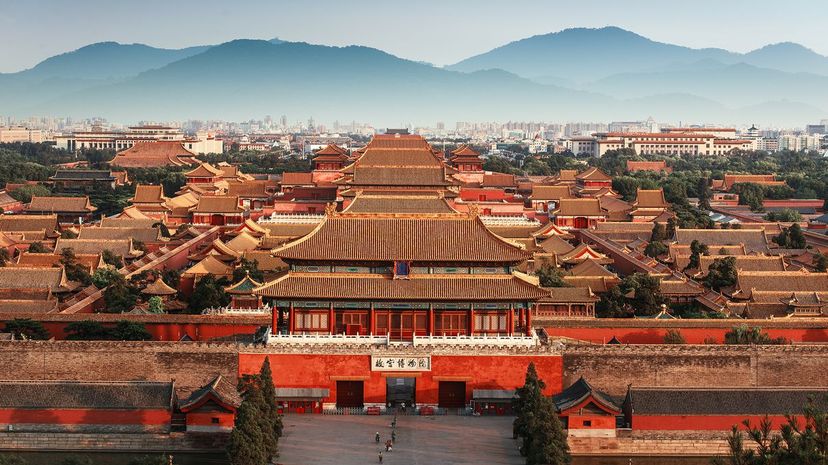
This one is a tough one to understand because some beliefs may not count as "religion" so therefore, over 60% of China's population is considered non-religious. Those people still may practice beliefs related to Confucianism, Taoism, and Chinese Buddhism, however, as well as some folk religions.
Advertisement
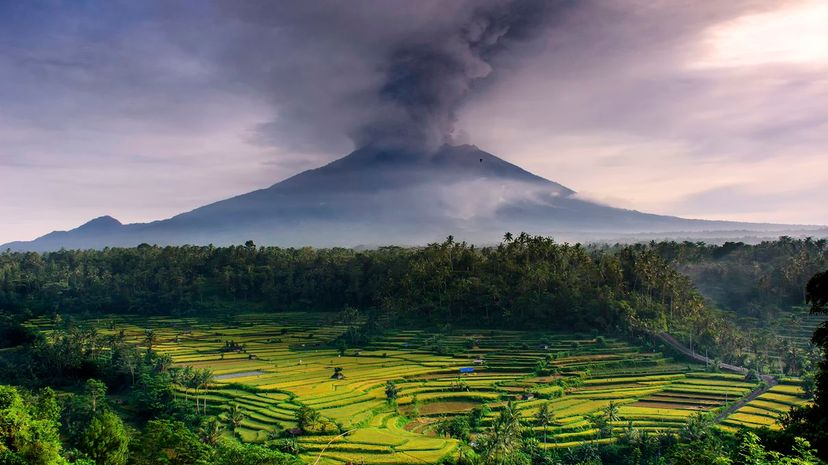
Indonesia is the fourth largest country in the world by population, and it is nearly 90% Muslim. The state only recognizes six religions which, aside from Islam, include Protestantism, Roman Catholicism, Hinduism, Buddhism and Confucianism.
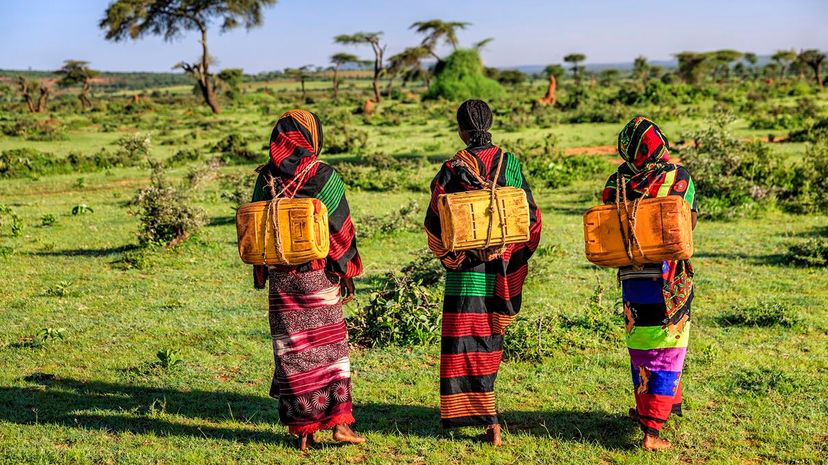
The Ethiopian Orthodox Church is the largest in Ethiopia and represents over 43% of the population. Islam is the second most popular religion, with about 34% of the population following that faith.
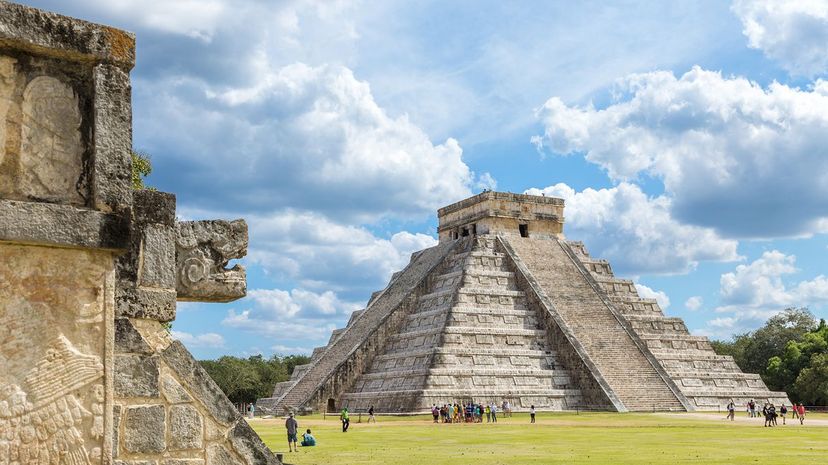
Mexico has been a very Catholic country for many years, with about 93% of the population being some form of Christian and about 5% of the population not adhering to any religion at all.
Advertisement
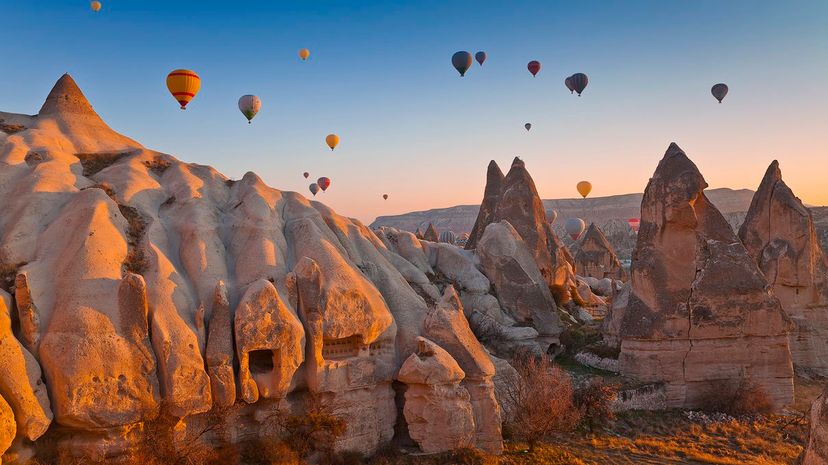
Most of the Turkish population is registered as Muslim including Sunni, Shia and Quranist Muslims, but there is a small population made up of several other religions in the country including Christian and Jewish.
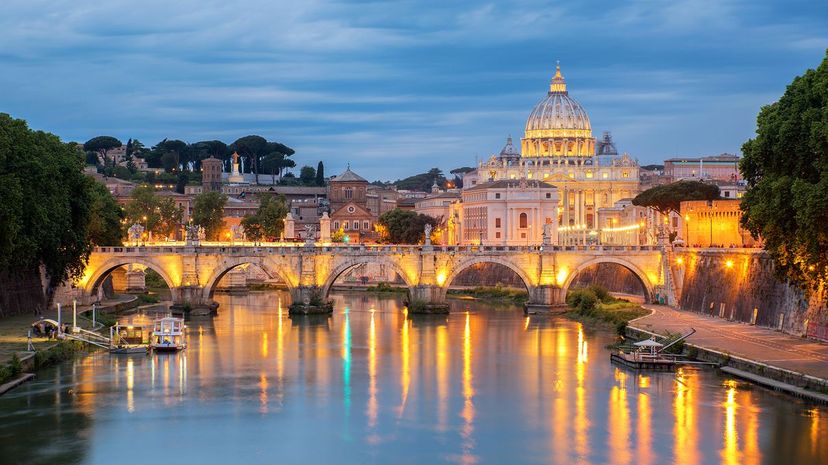
Vatican City is home to the Vatican and, of course, the Pope. With a population under 1,000, there are barely enough people to survey to take statistics, but it's a safe bet that most of the people in town are Catholic.
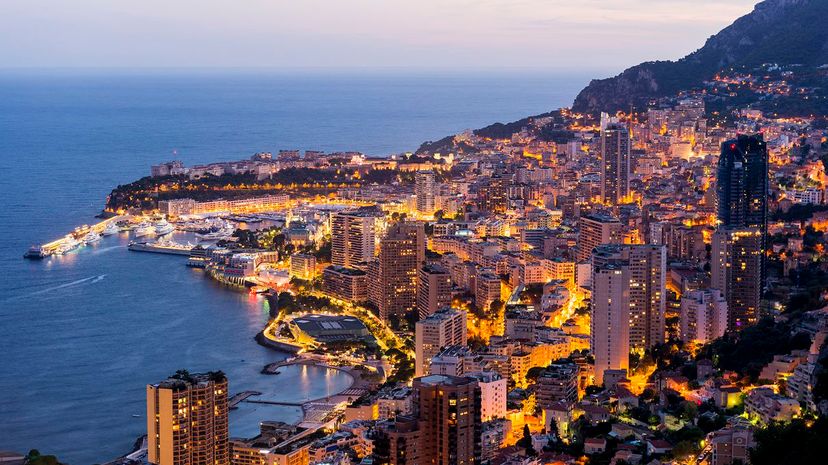
Monaco is mostly known for gambling, racing and banking but when it comes to religion, it's all Catholic just about. Nearly 86% of the population is Christian and about 3.5% are considered followers of non-Christian faiths.
Advertisement
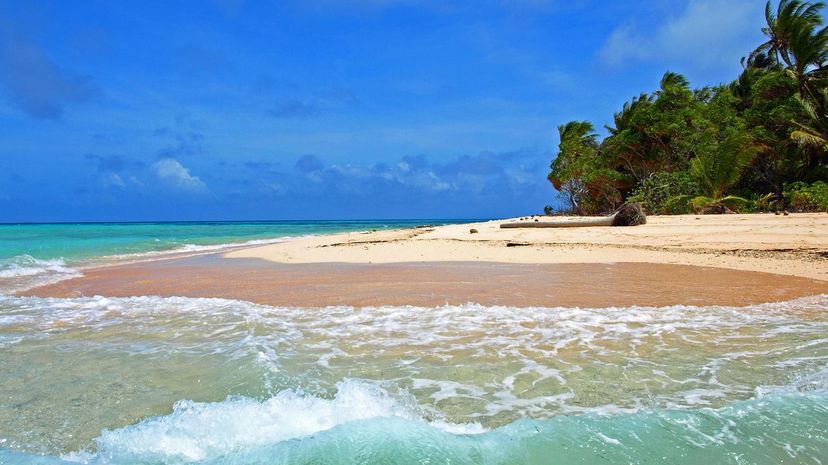
The United Church of Christ represents over 50% of the population of the Marshall Islands. The presence of non-Christian faiths on the islands is remarkably small. There are apparently fewer than 20 Jews and 20 Muslims present.
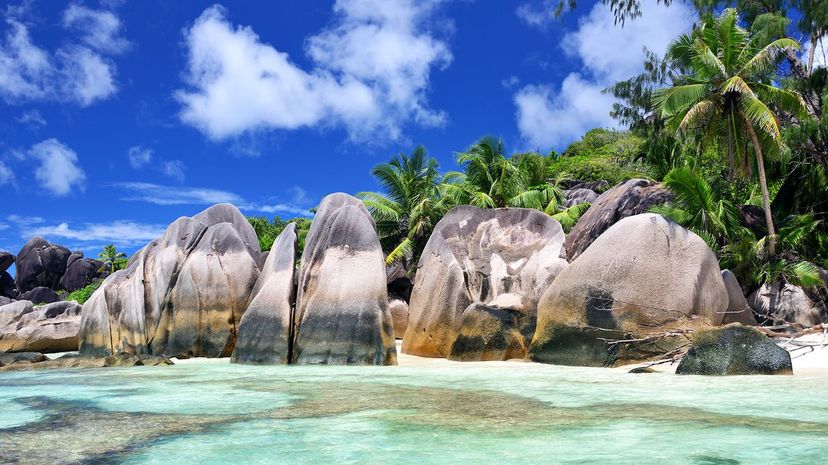
Most of the Seychellois, which is an exceptionally cool name for the locals, are Roman Catholic. In fact, they are about 76% of the population. Around 2.4% of the population is Hindu, and just about 1.6% are Muslim.
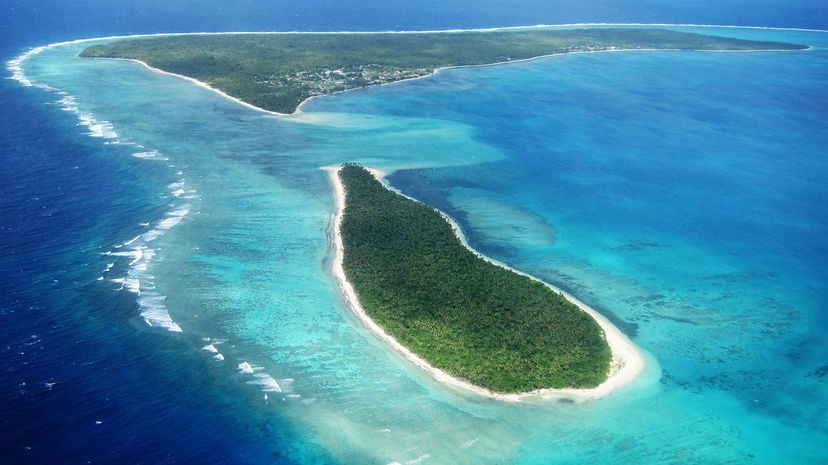
The First Wesleyan Church of Tonga is a Methodist church and represents about 36% of the local population, having been established as the state religion (even though the country currently has no state religion) back in 1928.
Advertisement
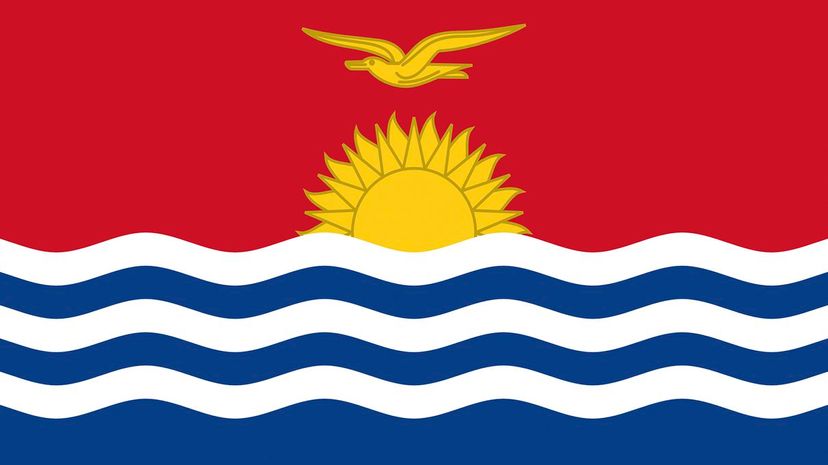
The population of Kiribati is only about 100,000 and that's spread across a series of 32 atolls and reef islands, though half the population is found on Tarawa. About 56% of the population is Roman Catholic.